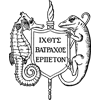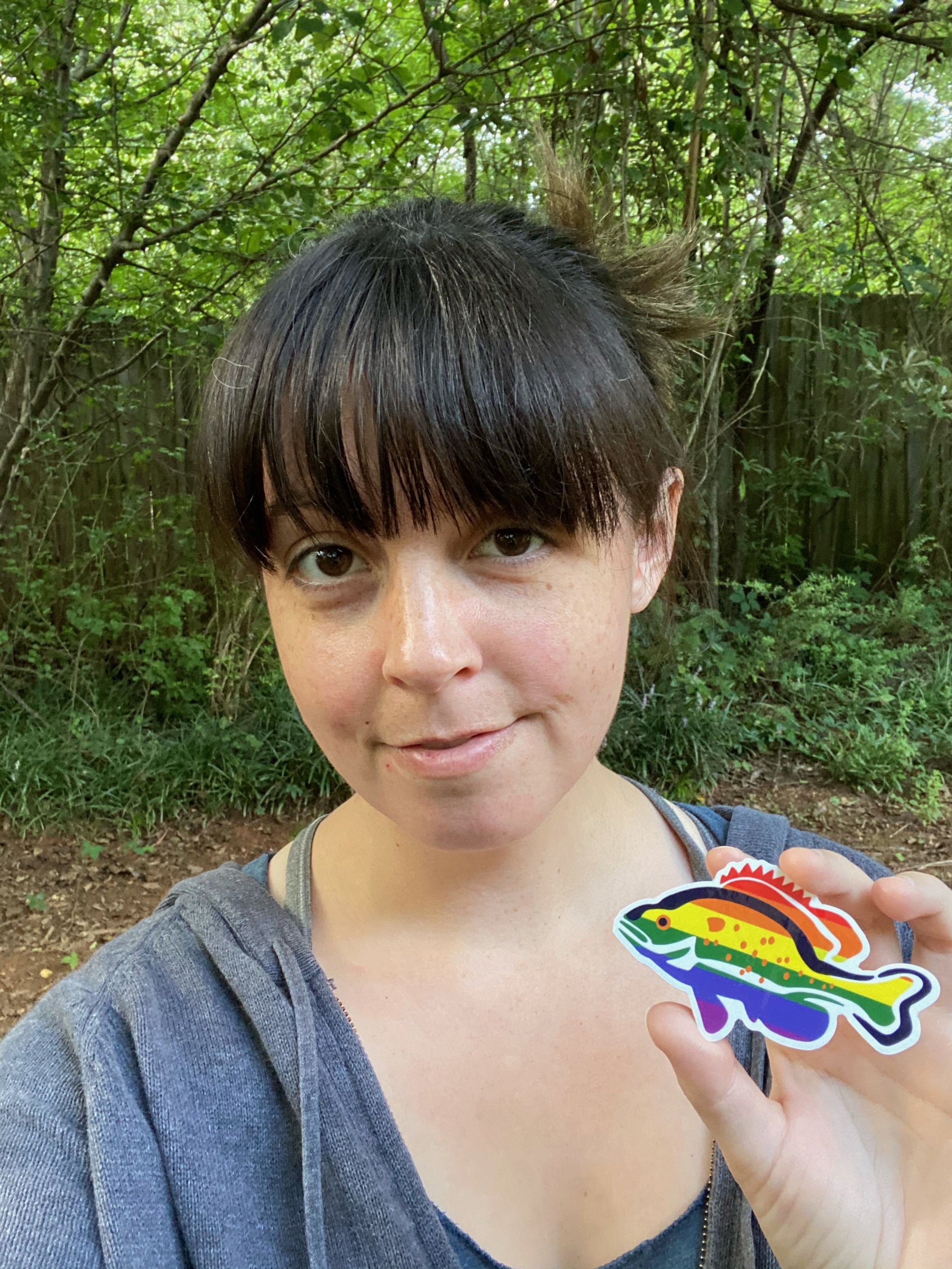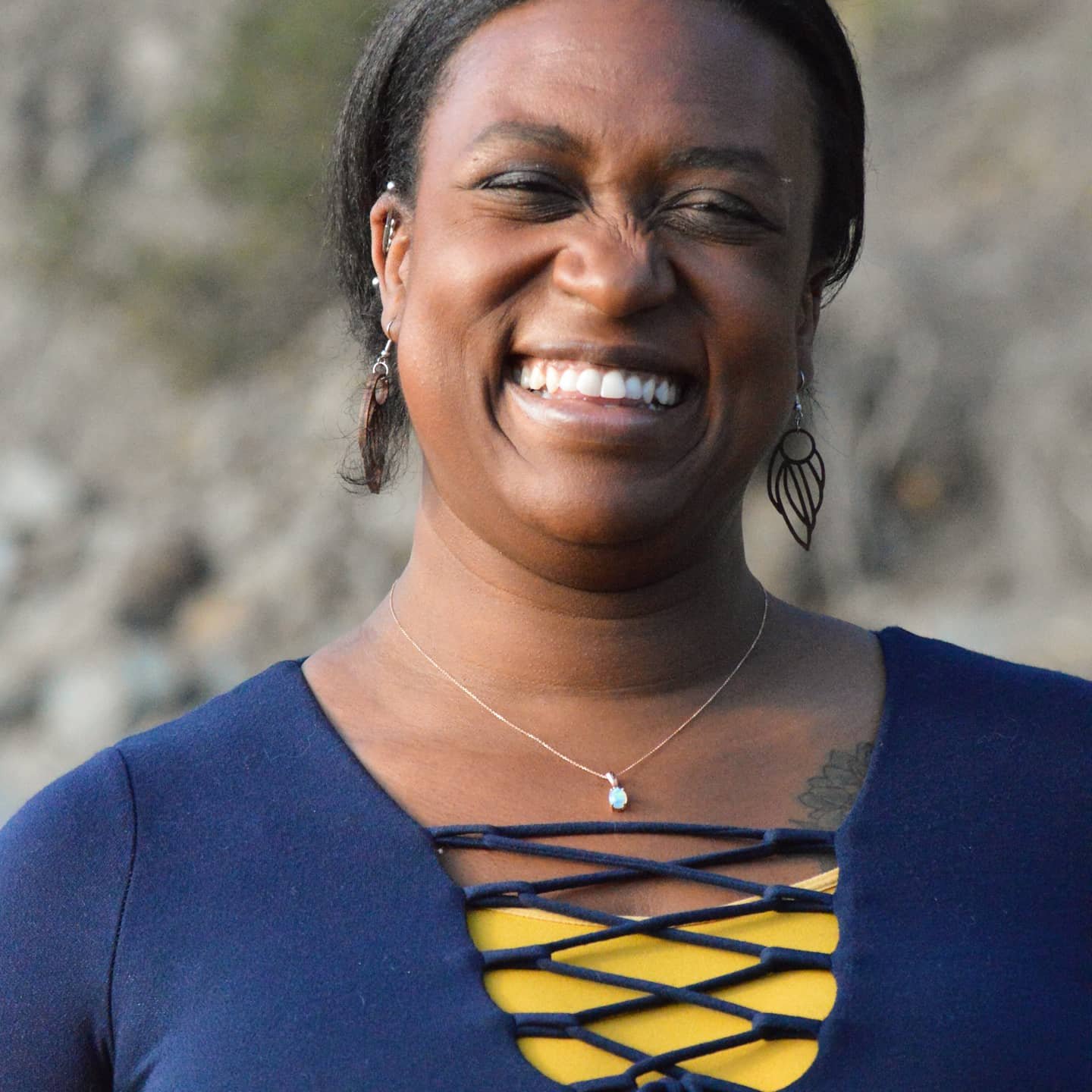American Society of Ichthyologists and Herpetologists
Cashner Award
Award Announcement
The Diversity, Equity, Inclusion, and Belonging Committee of the ASIH is requesting applications for the Cashner Award for ichthyologists and herpetologists. These grants are meant for students from historically and currently excluded groups in science.
Awardees will receive tailored professional development training, mentorship, and networking opportunities, as well as one year of membership to the Society. They will also receive a monetary prize ($1,000) to help cover registration, travel, and/or lodging costs for attending the annual Joint Meeting of Ichthyologists and Herpetologists. Ten student awards and one postdoc award will be given.
To be eligible for a Cashner Award, applicants must demonstrate that:
They are dedicated to a career in the scientific study or management of fishes, amphibians, and/or reptiles;
They are a member of an underrepresented group in STEM (including but not limited to ethnic/racial minorities, those in the LGBTQ+ community, first generation college students, and/or are a person with a disability);
They are an undergraduate, graduate student, or postdoc with the support of a faculty advisor.
To Apply
This award is intended for students and postdocs who will attend the 2025 Joint Meeting of Ichthyologists and Herpetologists in St. Paul, Minnesota.
Applicants for the Cashner Student Award will need to submit an application form (1) and have their advisor confirm their student or postdoc status (2).
Deadline for application is March 20 by 11:59 PM.
After review of the application and determining that it meets the eligibility criteria, the awards will be selected by lottery.
2022 Cashner Awardees
Photo credit: Emily Carr
Ayomikun Akinrinade
University of California Irvine
I am an incoming Ph.D. student at University of California Irvine in the Ecology and Evolutionary Biology department. My research interests broadly lie in the evolution of fishes, with my work ranging from phylogenetics to the evolution of morphology and life history. Despite coming from a background in public health, my interest in evolution started in the second year of my undergraduate education while working on the evolution of feeding morphology in surfperches. I did not even consider studying evolution seriously until about a year ago, in part, due to the extreme underrepresentation of my identities in the field. I am a Black Nigerian immigrant and despite living across the US, I have never had a teacher, professor or role model in the biological sciences that was black or an immigrant, let alone both. I hope to use my varied background to work with people from other backgrounds and help make biology a safer, more equitable, and more diverse field.
Photo credit: Juanita Pardo-Sanchez
Brianna Mims
American Museum of Natural History
I’m a first-year PhD student in the Comparative Biology Program at the American Museum of Natural History, Richard Gilder Graduate School. I am generally interested in snake ecomorphology and using CT imagery as a tool to analyze bones and soft tissues of snakes. My dissertation aims to investigate the genomic and morphological evolution of arboreal Neotropical snakes.
Like most people in my field, I grew up with a love of wildlife and nature; however, I also grew up without person of color role models sharing their same passion for biology and especially herpetology. As an undergraduate, I faced specialized biology courses in which I was the only Black person or Black woman in the room, and when I walked around my department, I never encountered a single Black professor in the building. As I also started gaining interest in natural history museums, I realized a lot of work needed to be done within these institutions. I actively engage in organizations and events that take steps toward inclusion and challenge the biases, racism, and colonialism that all too often pervade this space and make it unwelcome to underrepresented groups. Over time, I hope to be a role model for others that my younger self was searching for.
Photo credit: Chris Xander McDaniels
Chris Xander McDaniels
University of New Mexico
I am a first year PhD student at the University of New Mexico in Dr. Lisa Barrow’s lab. My dissertation research is focused on the phylogeography and systematics of the Six-Lined Racerunner (Aspidoscelis sexlineatus), specifically investigating what genetic variation exists across its range and how geography, environment, and historical climate may have shaped this variation. In high school, my interest in reptiles and amphibians developed alongside my LGBTQ+ identity, influencing how I approached getting involved in research. Navigating herpetology as an LGBTQ+ individual can be challenging, as there are still many negative attitudes that make people feel unwelcome and unsafe. I have been fortunate to have supportive mentors and LGBTQ+ role models who fostered an inclusive environment, but there are many students who do not have those support networks. During my graduate studies and future research career, I want to help make herpetology a more positive and inclusive field for LGBTQ+ students and researchers.
Photo credit: Corinthia Black
Corinthia Black
Auburn University
I was that kid who was obsessed with sharks and never grew out of it. Even though I lived in the landlocked state of Iowa, I was privileged enough to spend time fishing the Mississippi River with my dad and grandpa. My obsession with sharks eventually grew to include all fishes.
I knew I wanted to work with fish when I grew up, but as a first-generation college student with a learning disability, I found academia incredibly difficult. A lack of connections with others with learning disabilities led me not to excel as I would have hoped. I was lucky enough to finish my undergraduate and find myself in a fish lab for my master’s work. Currently, I am a 5th-year Ph.D. candidate at Auburn University studying how form and function have diversified in armored catfishes. As someone who struggled with a learning disability and is bisexual, supporting diversity in any way I can is personal to me. I hope to encourage other students with learning disabilities to follow their dreams despite the roadblocks that may hinder their educational path.
Photo credit: Dr. Stephen Kajiura
Dante Romero
Florida Atlantic University
I am a Spanish - Native American born and raised in northern and central New Mexico. Throughout my childhood I was fascinated by aquatic life, specifically regarding trophic systems. I was able to maintain my inquisitive mindset through high school, motivating me to leave the desert and earn a bachelor’s in biology from Florida Atlantic University. My intention has always been to contribute to marine megafauna conservation initiatives through scientific inquiry. During my time at the institution, I was awarded the opportunity to work with elasmobranchs hands-on and encouraged to participate in multiple ongoing projects in the FAU Biomechanics lab. My recent work examines the swimming kinematics of individual buccal pumping sharks from aerial video. I plan to work in the field of environmental sciences in addition to pursuing a master’s degree in marine biology and oceanography. I hope to inspire individuals of underrepresented demographics to pursue education and careers in marine science, which may produce more encompassing research that could help improve the scientific community at large.
Photo credit: Raul Diaz
Emily Louise Bierbaum
University of Tulsa
Growing up in Des Moines, Iowa, my father had a great love for the outdoors taking me camping and fishing with my brothers where I would spend my time catching frogs. At a young age I knew I had a passion for animals, but as a first-generation college student it was difficult knowing which universities to apply for as well as the application process. Although my parents had limited knowledge on college and scholarship applications, I was fortunate to encounter professors at the schools I attended who helped me with those limitations.
I began my academic career as a double major student in biology and animal ecology at Iowa State University studying the population dynamics of leopard frogs. I then attended Southeastern Louisiana University and completed my master's degree researching the homology of mesopodial skeletal elements and digit number in salamanders, and the comparison to amphiumid salamanders. I am now a PhD student at the University of Tulsa evaluating visual pigments across salamanders. My goal is to become a professor and help mentor underrepresented groups in STEM to help facilitate their transition into academia.
Photo credit: Ivory Lowe
Joshua Orlando Rivera
University of Texas at Arlington
Growing up in Texas and having taken inspiration from magnetic and captivating TV naturalists (i.e., Hanna, Irwin, Corwin), I quickly found my niche as the ‘weird’ lizard kid. I am currently a first-year Ph.D. student at the University of Texas at Arlington where I study epidermal gland evolution in lizards through transcriptomic, histological, and chemical analyses. Being a member of the LGBTQ+ community has made me cognizant of the lack of representation within the field of herpetology. Though I have been exceptionally privileged to feel comfortable in the labs of my current and previous advisors, I am aware this is not the case for many. Herpetology, and academia as a whole, should be welcoming, inclusive, and accessible to everyone. I am passionate about mentoring and helping to promote the participation of queer people, and other queer people, and other marginalized groups, in our field.
Photo credit: Zack Walls
Miguel Montalvo Camacho
Virginia Institute of Marine Science
Although I have always been passionate about science and the natural world, the road that led me to ichthyology is a bit more sinuous than that of most people. I originally graduated with a degree in marketing. Later, mainly through volunteer work and internships, I met awesome friends who have encouraged me to pursue my passions and some that have become my ichthyological mentors – shout out to my dear friends at the National Museum of Natural History. Although I have lived a relatively comfortable and privileged life, as a foreign national – proudly Colombian – and a gay guy, I have noticed the hardships that people in diverse communities often endure. I am an almost brand-new graduate student in Dr. Eric Hilton’s lab at the Virginia Institute of Marine Science, and my first semester this spring has taught me that I am in the right place because I love working with all the fishes. This is going to be my first conference ever and I am very thankful for ASIH’s support through this award
Photo credit: Andrea Nieblas
Nicole Rahman-Garnier
California State Polytechnic University, Humboldt
I am a master’s student attending California State Polytechnic University, Humboldt, under the advice of Dr. Allison Bronson. My current research focus is the anatomy and morphology of the nasal rosette of anadromous and resident Rainbow Trout, Oncorhynchus mykiss, and possible variations between sexes, life histories, and as the fish ages. I plan to pursue a Ph.D. program to expand my research to ecomorphological studies on other salmonid species along the Pacific Coast.
Growing up in the Adirondacks, I never lived closed to the ocean, yet I have always been enthralled and enchanted by the sea. I spent endless summers scavenging rivers, lakes, and gorge streams for aquatic life, intriguing algae, and unique rocks. My love of fish arose later through ichthyology and ecology coursework and labs. I noticed that I often stood alone in both field jobs and the classroom as the only black woman. This fact has inspired me to work towards increasing diversity and visibility for underrepresented groups. I currently have and have had excellent mentors to guide me. I want to be a proponent of developing DEI programs that support historically marginalized students pursuing careers in fisheries and marine sciences.
Photo credit: Oscar Umwanzisiwemuremyi
Oscar Umwanzisiwemuremyi
Institut Pertania Bogor University
I was born and grew up in a rural area near to Nyungwe rain forest in Nyamagabe, Southwest of Rwanda. This is an area inhabited by farmers in which many children can’t go t school due to high levels of poverty, ignorance, and the need for labor in cattle ranching as cowboys. I was also cowboy fond of cows and indigenous fruits like “maracuja” (Passion fruit), tree tomatoes and others. However, I was very interested and motivated to learn more and was always looking for opportunities for it. I did my best to go to high school where I became fascinated with biology, chemistry, physics, geography, math, and history and pursued applied chemistry in my undergraduate. After, I got a job as a tour guide, I became a herpetologist, and curator at the Kandt House Museum. I specialized in snakes as they are among the most feared animals in Rwanda due the negative narrative in culture as well as in religious beliefs. Fortunately I have come to know them well and understand their true nature.
My experiences inspired my interest in the environment and its biodiversity. As a master’s student in Natural Resources and Environmental Management at the Institut Pertania Bogor University, I am following and learning about conservation practices, solutions for environmental pollution, sound management of natural resources as well as climate change mitigation for the sake of biodiversity and our planet as a whole.
Past Cashner Awardees
-
2022
Ayomikun Akinrinade
Emily Louise Bierbaum
Corinthia Black
Miguel Montalvo Camacho
Chris Xander McDaniels
Brianna Mims
Nicole Rahman-Garnier
Joshua Orlando Rivera
Dante Romero
Oscar Umwanzisiwemuremyi -
2021
Claire Crookston
Victor de Brito
Daniel Guerra
Troy Neptune
Anjana Parandhaman
Braden Ruddy
Patricia Torres-Pineda
Touhue Yang
Sarah Ward
Ian Wilenzik -
2020
Valentina Alvarez
Neil Balchan
Rene Martin
Victor Martínez
Carmen del Rocío
Pedraza Marrón
Emanuell Ribeiro
Danielle Rivera
Ricardo Rivera Reyes
Adolfo Rodríguez-Velázquez
Khalil Russell -
2019
Gabriela Arango
Suzana Bandeira
Emily DeArmon
Adania Flemming
Nureen Ghuznavi
Bryan Juarez
Marina Luccioni
Lindsey Nelson
Natasha Stepanova
Emily Virgin











